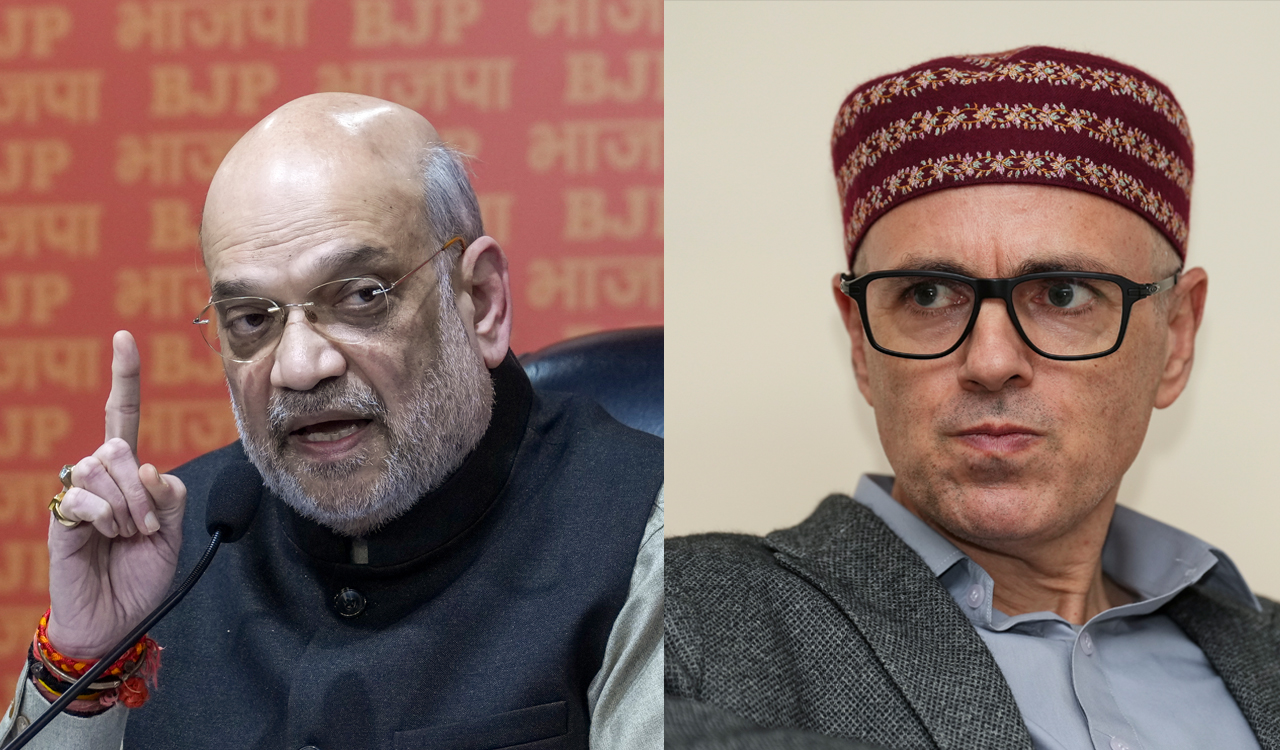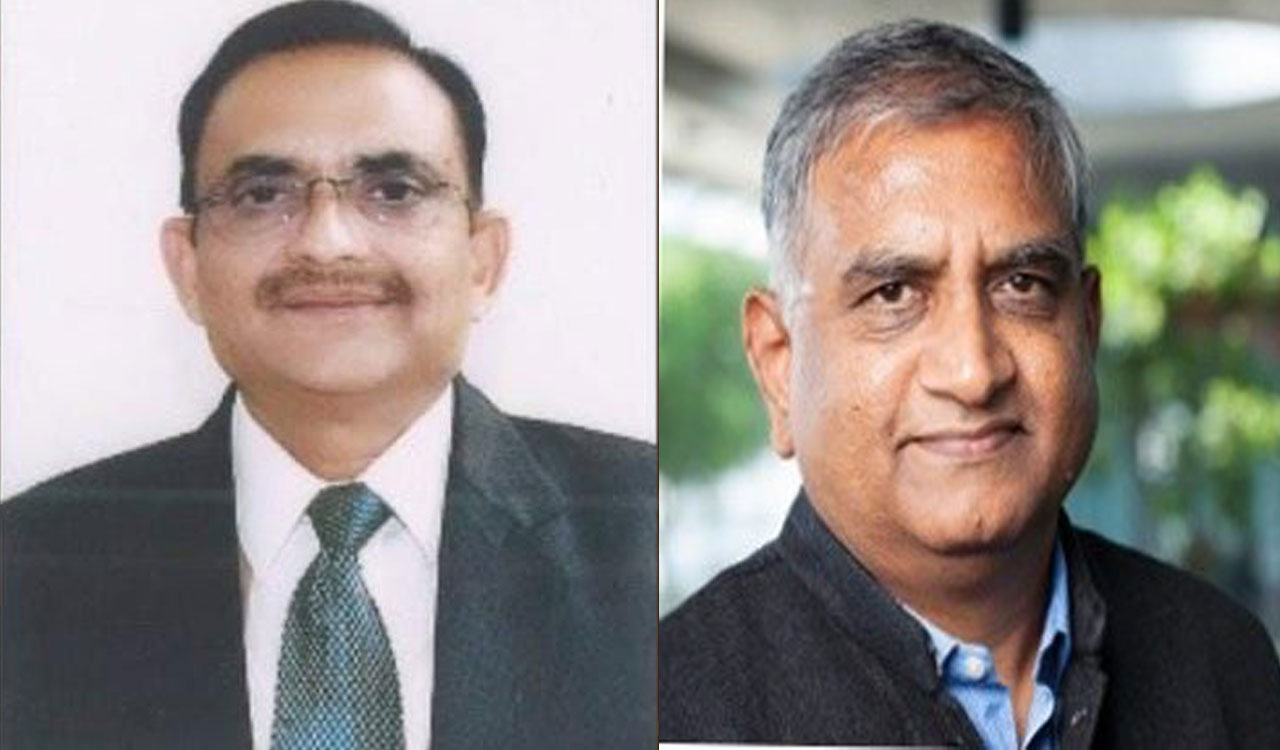Editorial: Showcasing celebration of democracy
By allowing diplomats to witness the election, New Delhi seeks to present Kashmir as a region moving towards stability

Inviting foreign diplomats to observe the ongoing Assembly elections in Jammu & Kashmir marks a strategic shift in India’s approach and reflects its confidence in ensuring fair democratic governance in a region with a long history of terrorist violence. The country can justifiably take pride in the fact that the polls in the strife-torn region are not only being held in a free and fair manner but have also been largely peaceful. The diplomats from 15 countries are getting to witness India’s transparent electoral process. The elections, being held after a gap of ten years, are history in the making. The valleys and the mountains, which had once witnessed fear amid poll boycott calls by militant groups, are now taking part in the democratic festivities. This is the first Assembly election being conducted after the abrogation of Article 370, ending special status to J&K, over five years ago. The voter turnout has been very encouraging — 61% in the first phase and 57% in the second. The third phase of polling will take place on October 1, followed by counting of votes on October 8. The three districts of Rajouri, Poonch and Reasi, closer to the Line of Control (LoC) and a hub for terror attacks this year, saw long queues outside polling stations. Unlike in the past, there were no election boycott calls from militant groups nor was there any attempt to disrupt voting. There is a growing desire among the people to actively engage in shaping their future.
In the recent Lok Sabha elections too, many enthusiastic voters queued up at the polling booths to exercise their franchise. The incident-free voting signals public faith in the electoral process. This is despite considerable anger over the Centre’s decision to convert the State into a union Territory. The elections in J&K are not just a domestic affair as they hold international significance, particularly in the light of a long history of cross-border terrorism nurtured by Pakistan. The international community has frequently raised concerns about the human rights situation in the region, especially following the 2019 decision to revoke Article 370. By showcasing a peaceful and organised election, New Delhi seeks to address these concerns head-on and present Kashmir as a region moving towards stability and development under its governance. This decision also fits into a broader pattern of increasing international engagement in Kashmir. Hosting diplomats is not an isolated event; it follows the high-profile G20 tourism meeting held in the region last year. These steps indicate that India is keen on projecting an image of Kashmir as a key part of its national fabric, rather than a region in turmoil. By allowing diplomats to witness the election, India seeks to counter international narratives that might be overly focused on the conflict and highlight that democratic processes are alive and functioning in the Valley.
Related News
-
Save future of Telangana NEET PG aspirants, IMA writes to CM Revanth Reddy
40 mins ago -
Telangana techie loses Rs 4.15 lakh to online gold trading fraud
1 hour ago -
Hyderabad: Couple working as house help at doctor’s residence held for theft
1 hour ago -
Hyderabad auto driver foils attempt to kidnap young woman, five held
2 hours ago -
Haiti gang attack on journalists covering hospital reopening leaves 2 dead, several wounded
3 hours ago -
21 dead as Mozambique erupts in violence after election court ruling
4 hours ago -
Cartoon Today on December 25, 2024
11 hours ago -
Sandhya Theatre stampede case: Allu Arjun questioned for 3 hours by Chikkadpallly police
12 hours ago




